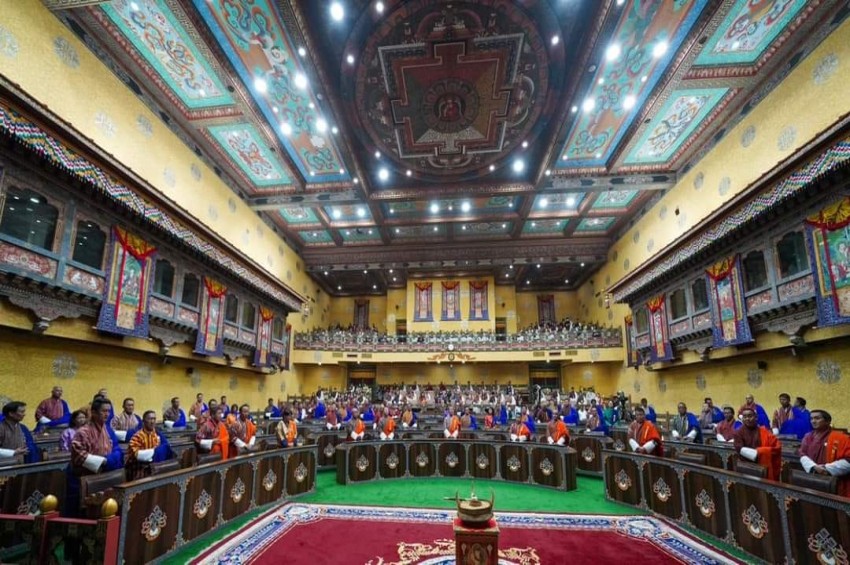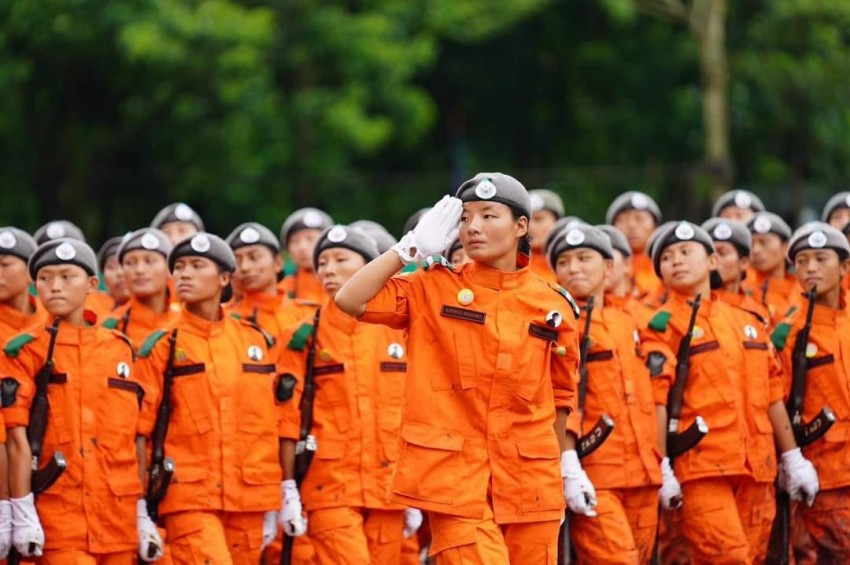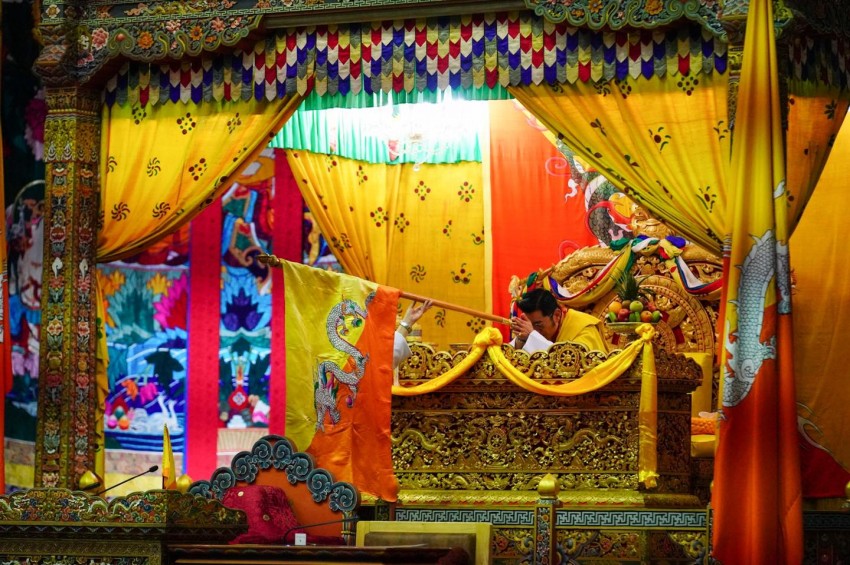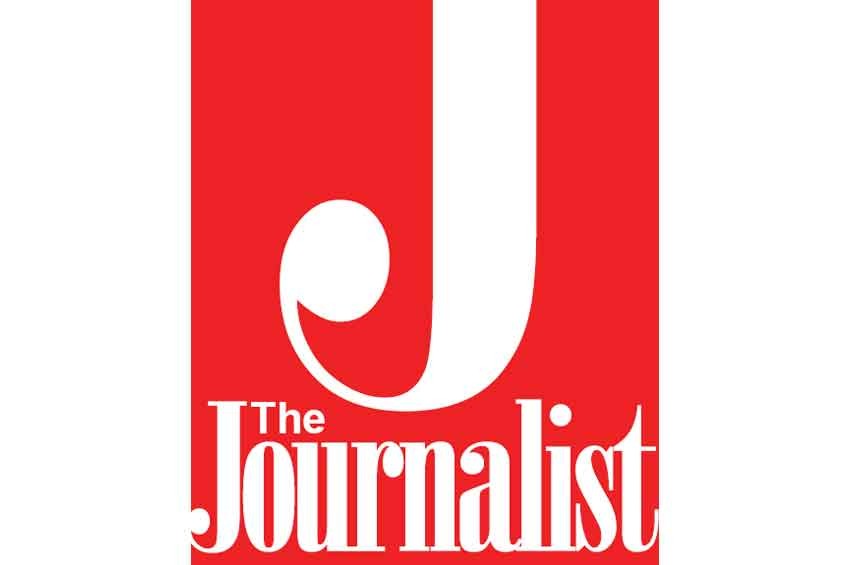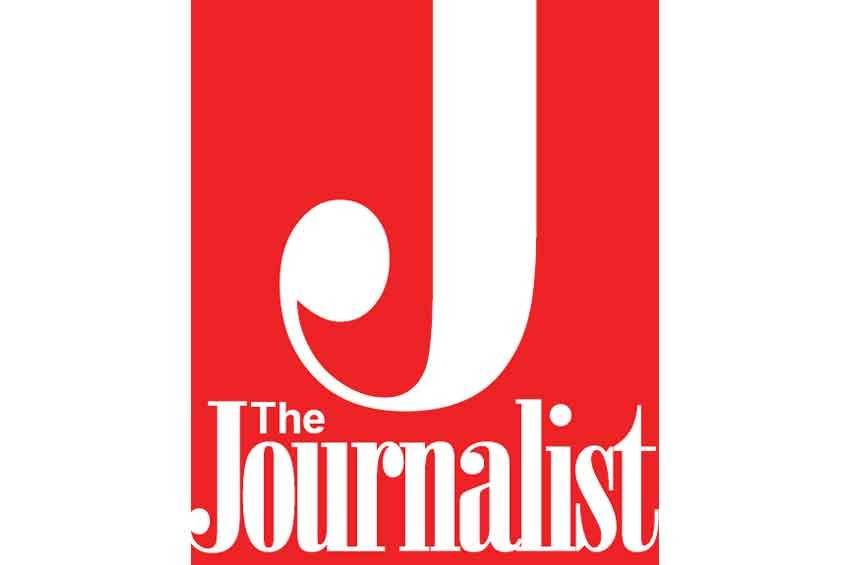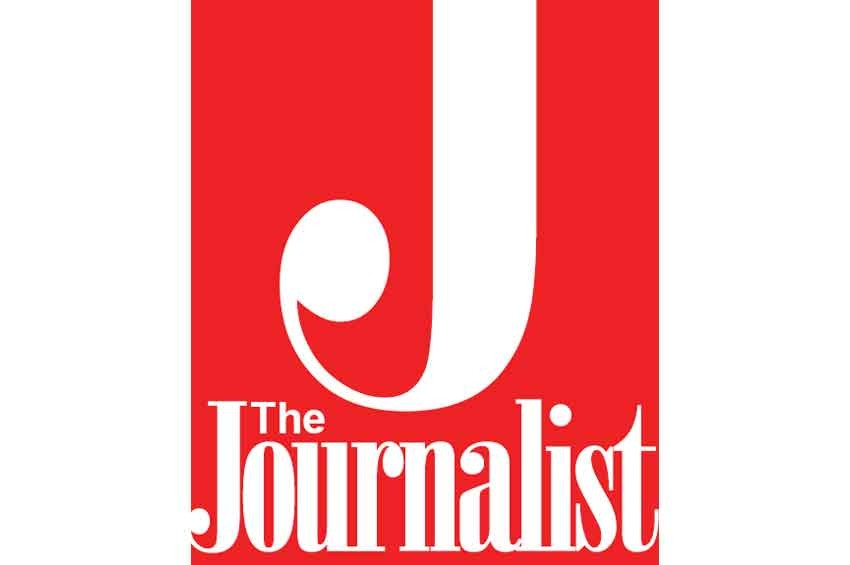Delay in mega hydropower project completion escalates the project costs
Ministry of Economic Affairs (MoEA) minister, Lyonpo Loknath Sharma claimed that the ministry is waiting for the power secretary of India to visit the country and discuss hydropower.
The Economic Minister said, “They have indicated that they may come soon; they were seeking a date informally, and they asked if it was okay to visit the country towards the end of this month or in the first week of October.”
“We responded with a green signal on their questions,” added Lyonpo.
Lyonpo said that the decision on Punatsangchhu-I Hydroelectric Project Authority (PHPA-I) is still pending, and waiting for the Government of India (GoI) to communicate.
Regarding Kholongchu Hydro Energy Limited (KHEL), the ministry has previously talked with the joint venture (JV) company. Lyonpo said that the KHEL project is not closed, but the JV management or project model is dismissed.
“When the secretary visits, we want to find a new approach to move the Kholongchhu project ahead, and we are really hopeful that we will,” said Lyonpo. The government will also discuss the hydropower corporation between India and Bhutan.
Lyonpo said that looking back at previous decades, the hydropower corporation agreement between India and Bhutan is on good terms. And, economically, it has aided Bhutan, with Mangdechhu Hydroelectric Project (MHP) providing timely assistance during the pandemic.
Lyonpo said, “It is extremely encouraging, and we are pleased because excellent things have unfolded.” Lyonpo further explained that with megaprojects like PHPA I and II being delayed and other geological surprises, the cost of hydropower construction is becoming prohibitively expensive due to cost and time overruns.
“As a result, the power tariff will be quite high, maybe about 5 or more. And this power tariff is no longer sustainable because more alternative energy sources, like solar, are arriving, as are many innovative solutions, and the cost of wind and solar is constantly dropping,” Lyonpo said.
Lyonpo added that if it continues to fall, and if the country goes with major hydro projects, the country may have difficulty selling them, which is why the break is being taken and attempting to study the situation and complete the projects at hand.
“It is not that we don’t want to undertake mega projects; we need storage type of mega hydro projects because our farm power projects are insufficient; for example, we have 400 to 500 megawatts of farm power but we require 550 megawatts, which we must import. It will grow every year, and we expect it to reach 600 megawatts next year, and 1000 megawatts in the following 4 to 5 years. It has become quite expensive, which is why we need to hire a megaproject storage type,” Lyonpo added.
Lyonpo further added that the next step must be to ensure energy security, which is why the government is planning to have 300 to 400 megawatts of solar energy within three years.
“If we can have smaller hydropower plants, it will have an advantage because it will act to form power and it will act on the local economy, and it will save us from having big towers and too many long transmission lines because it can be given to the localities there and all of these costs will be saved. So, it is a good initiative, and we also need one or two big hydropower projects, preferably of the storage kind,” Lyonpo added.
Ministry of Economic Affairs (MoEA) minister, Lyonpo Loknath Sharma claimed that the ministry is waiting for the power secretary of India to visit the country and discuss hydropower.
The Economic Minister said, “They have indicated that they may come soon; they were seeking a date informally, and they asked if it was okay to visit the country towards the end of this month or in the first week of October.”
“We responded with a green signal on their questions,” added Lyonpo.
Lyonpo said that the decision on Punatsangchhu-I Hydroelectric Project Authority (PHPA-I) is still pending, and waiting for the Government of India (GoI) to communicate.
Regarding Kholongchu Hydro Energy Limited (KHEL), the ministry has previously talked with the joint venture (JV) company. Lyonpo said that the KHEL project is not closed, but the JV management or project model is dismissed.
“When the secretary visits, we want to find a new approach to move the Kholongchhu project ahead, and we are really hopeful that we will,” said Lyonpo. The government will also discuss the hydropower corporation between India and Bhutan.
Lyonpo said that looking back at previous decades, the hydropower corporation agreement between India and Bhutan is on good terms. And, economically, it has aided Bhutan, with Mangdechhu Hydroelectric Project (MHP) providing timely assistance during the pandemic.
Lyonpo said, “It is extremely encouraging, and we are pleased because excellent things have unfolded.” Lyonpo further explained that with megaprojects like PHPA I and II being delayed and other geological surprises, the cost of hydropower construction is becoming prohibitively expensive due to cost and time overruns.
“As a result, the power tariff will be quite high, maybe about 5 or more. And this power tariff is no longer sustainable because more alternative energy sources, like solar, are arriving, as are many innovative solutions, and the cost of wind and solar is constantly dropping,” Lyonpo said.
Lyonpo added that if it continues to fall, and if the country goes with major hydro projects, the country may have difficulty selling them, which is why the break is being taken and attempting to study the situation and complete the projects at hand.
“It is not that we don’t want to undertake mega projects; we need storage type of mega hydro projects because our farm power projects are insufficient; for example, we have 400 to 500 megawatts of farm power but we require 550 megawatts, which we must import. It will grow every year, and we expect it to reach 600 megawatts next year, and 1000 megawatts in the following 4 to 5 years. It has become quite expensive, which is why we need to hire a megaproject storage type,” Lyonpo added.
Lyonpo further added that the next step must be to ensure energy security, which is why the government is planning to have 300 to 400 megawatts of solar energy within three years.
“If we can have smaller hydropower plants, it will have an advantage because it will act to form power and it will act on the local economy, and it will save us from having big towers and too many long transmission lines because it can be given to the localities there and all of these costs will be saved. So, it is a good initiative, and we also need one or two big hydropower projects, preferably of the storage kind,” Lyonpo added.


